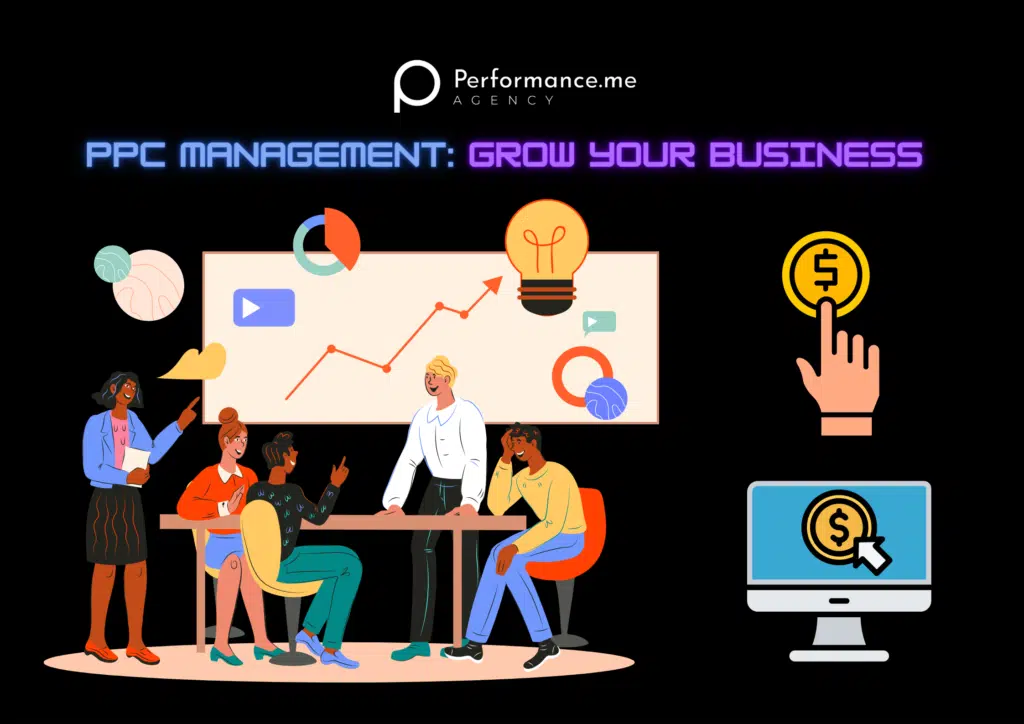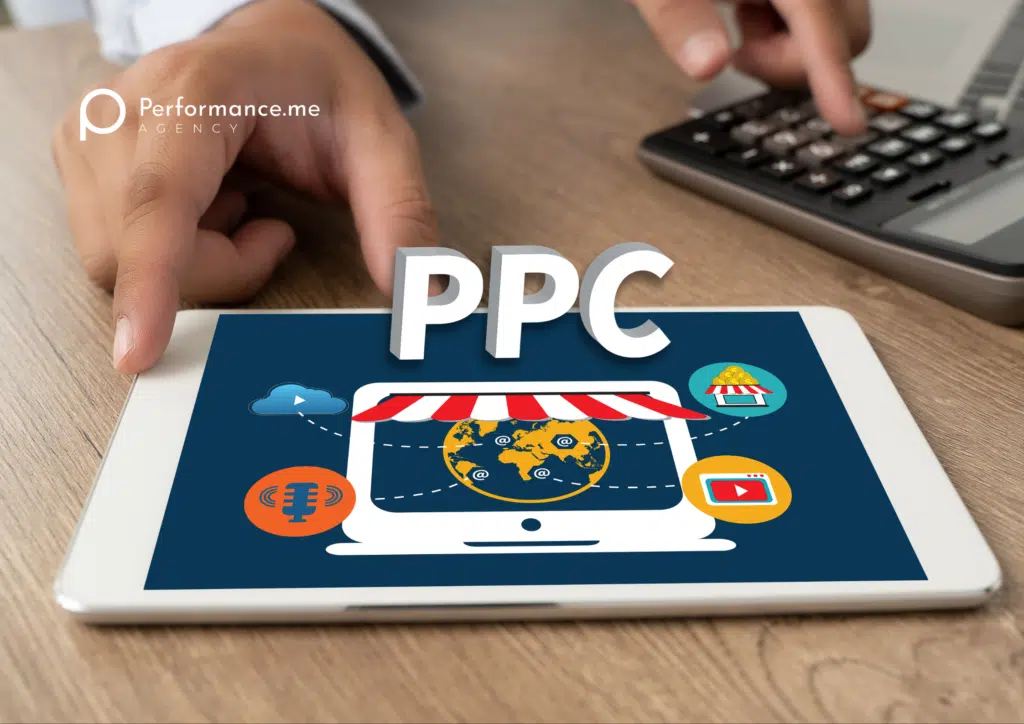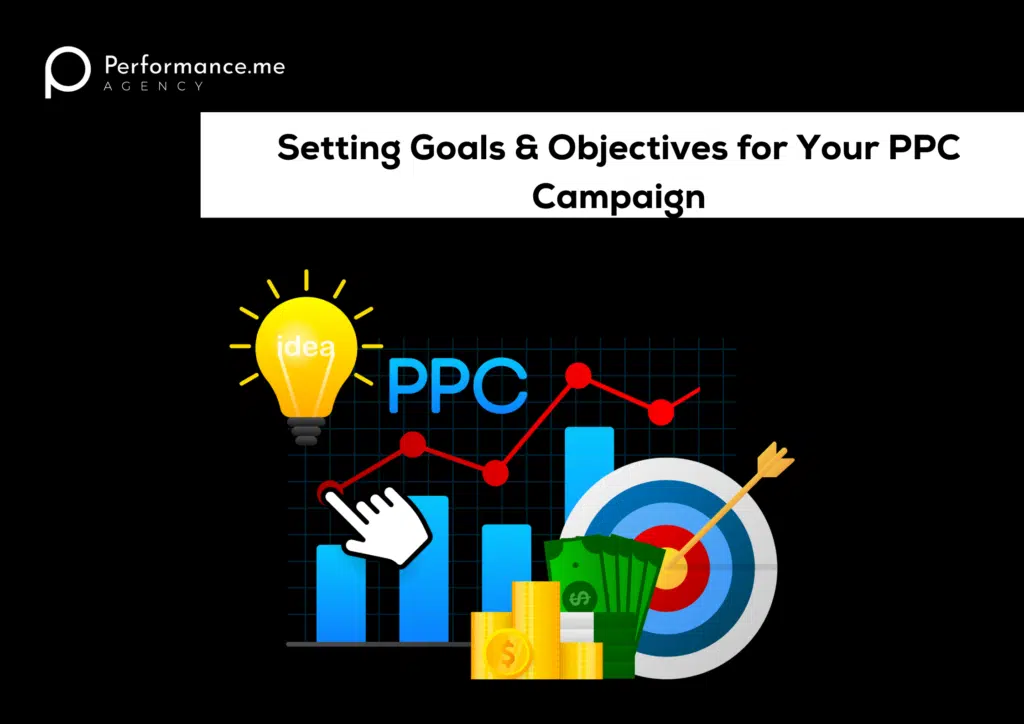An integral part of digital marketing is pay-per-click management, often referred to as PPC management. The purpose of PPC management is to allow businesses to rank well on social media sites and SERP (Search Engine Results Page). Simply put, PPC Management involves tracking and calculating the costs associated with PPC marketing initiatives. PPC Management not only promotes your business’s products and services but also provides your clients with purchasing information. While it might take some time to attract a huge customer base, with the right PPC Management and strategies, you will see your business have a significant difference in growth.
The Benefits of PPC Management
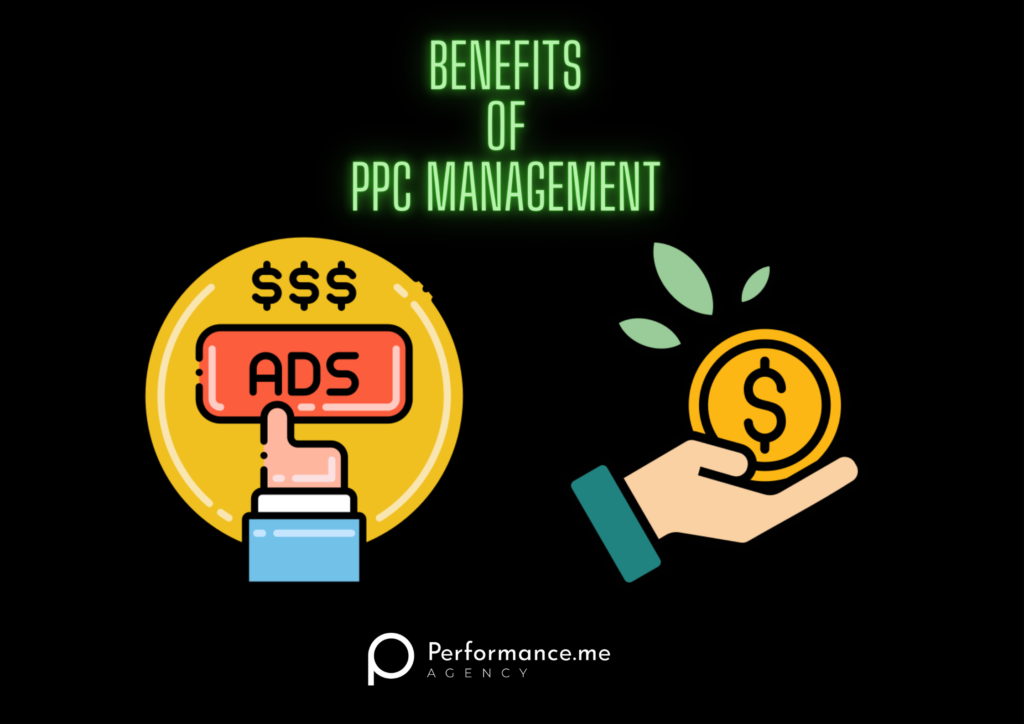
The benefits your business will experience after adopting PPC management are mind-blowing, to say the least. Here are the ten powerful benefits of PPC Management.
- Enhanced Search Engine Optimization
- A Surge in Traffic
- Engaged Audience
- Cost-Effective Results
- Behavioral Targeting
- Helps Your SEO Strategy
- Remain Independent From SEO Algorithm Changes
- Allows You to Analyze Ad Performance in Real Time
- Increases Brand Recognition With Remarketing
- Allows Smart Retargeting
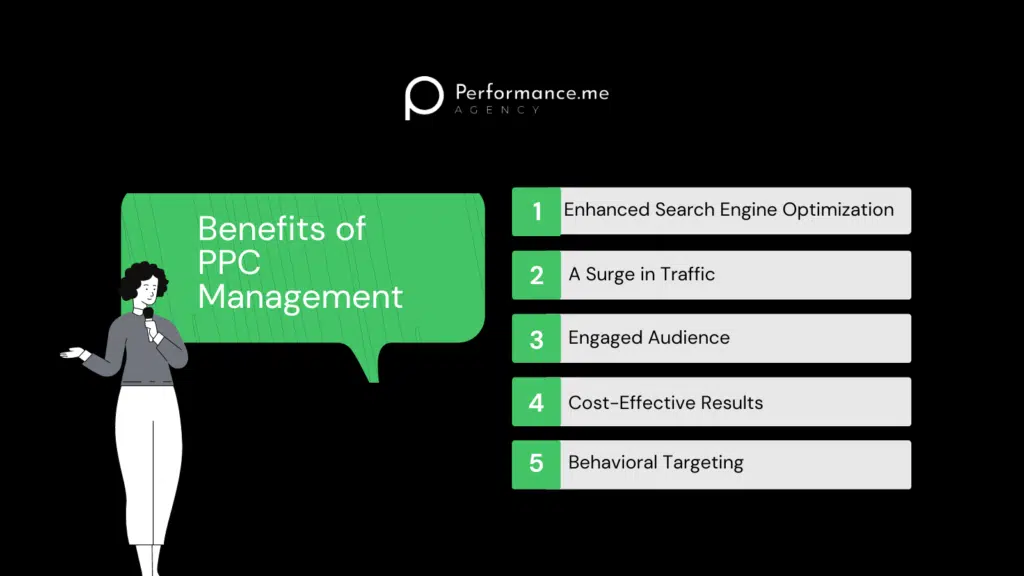
1. Enhanced Search Engine Optimization
Search engine optimization (SEO), which entails boosting a website’s frequency of appearance on a page of search engine results, can be complemented with PPC management and advertising. An organization’s overall revenue can be raised with the aid of ideal site placements enabled by PPC management and advertising.
2. A Surge in Traffic
While having a beautifully designed website is excellent, what use is it if no one is aware of it? That’s where PPC management comes in. The advantages of PPC include increased website visitors and clicks. The chances of your website being viewed rise if your paid advertisement shows up on the first page of search engine results.
3. Engaged Audience
With a well-optimized PPC campaign, an organization can quickly move to the top of search engine rankings, making its products and website content more appealing to potential buyers. Thus, with the help of PPC, you will find yourself having an engaged audience.
4. Cost-Effective Results
Businesses incur expenses when users click on links to landing pages in search engine results. This link might result in greater revenues for a company if more people click on it. With the help of PPC, you will not only see your website bringing in revenue but also see that your spending (in regard to advertising your website) has reduced considerably.
5. Behavioral Targeting
Behavioral targeting focuses on the behaviors and habits of online consumers. For instance, previous purchases and browsing patterns. When you know your customers’ purchases and browsing patterns, you can better implement on your site the features that will engage them according to their behavior.
Understanding how to use gadgets, keywords, and search patterns of your audience enables you to reach out to them in ways that are focused on their needs. It is up to you when and where your ad will meet the audience. You can modify your advertisement to target a particular set of audience. And with the help of PPC management, your target audience will be able to see your website on top of SERP.
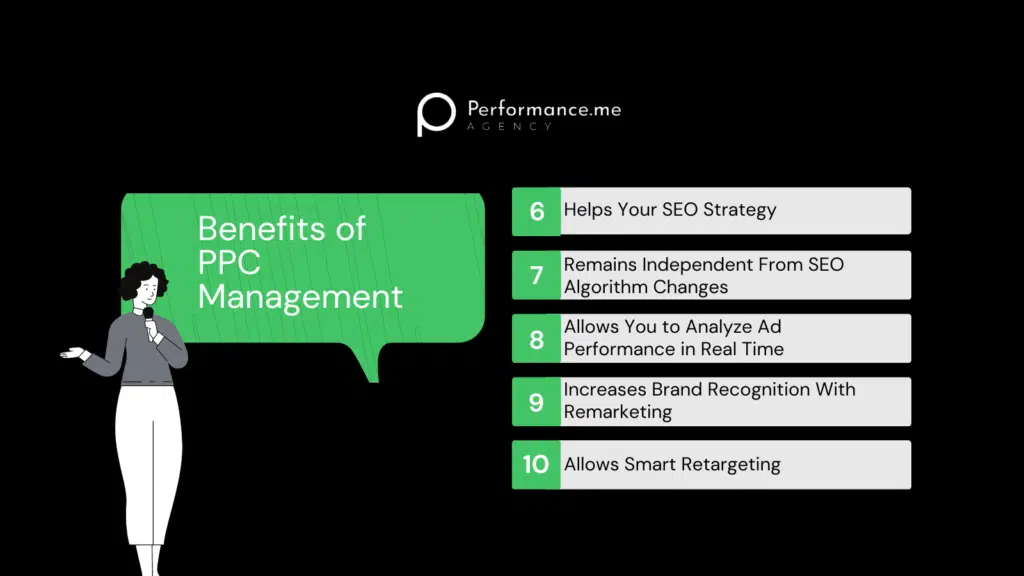
6. Helps Your SEO Strategy
The PPC campaigns on your website allow you to improve every piece of content on your site without having to wait for it to rank naturally (organic, unpaid results). PPC is a great way to test keyword strategies before committing to long-term SEO.
As opposed to organic keywords, paid search has no privacy restrictions, so you can view a full list of terms that convert with their cost and conversion rate. Keyword data from PPC campaigns can be used to improve existing metadata, headlines, and keywords.
7. Remain Independent From SEO Algorithm Changes
The consistency of PPC advertising contrasts with content marketing and SEO, which are dependent on changes to search engine algorithms. Unlike those, PPC algorithms rarely change so that you can predict the performance of your current and next ads on the basis of historical data.
You can stop or change underperforming advertising campaigns. There is no minimum spending requirement or long-term commitment.
8. Allows You to Analyze Ad Performance in Real Time
It is common for you not to see the results of a marketing campaign until after it has been completed. In contrast, PPC marketing achieves the opposite result. Data is instantly available to you.
These stats or data can be used to change the language presented, experiment with keywords, or add a promotion. Demographic information is also provided by analytics. These features help you formulate a better marketing strategy in the long run.
9. Increases Brand Recognition With Remarketing
A customer may need to see something several times when forming a connection. Remarketing is a technology that displays pertinent adverts to a site visitor on other websites after they have visited your website. Even if they decide not to buy, they have now connected your brand with the thing they’re looking for.
10. Allows Smart Retargeting
By combining PPC advertising with analytics, you can monitor user behavior and retarget non-converting users. Using retargeting is effective because you already know that a user is interested in your product. They just need more time to decide whether or not they want to purchase it.
Keeping your product at the top of your prospects’ minds increases your chances of conversion. Retargeting campaigns can also only show relevant product advertising, reminding customers of what they are interested in. You will raise brand awareness and bring in new clients when you use this exceptionally targeted advertising technique.
What Does PPC Management Entail?
PPC Management Entails various items, them being:
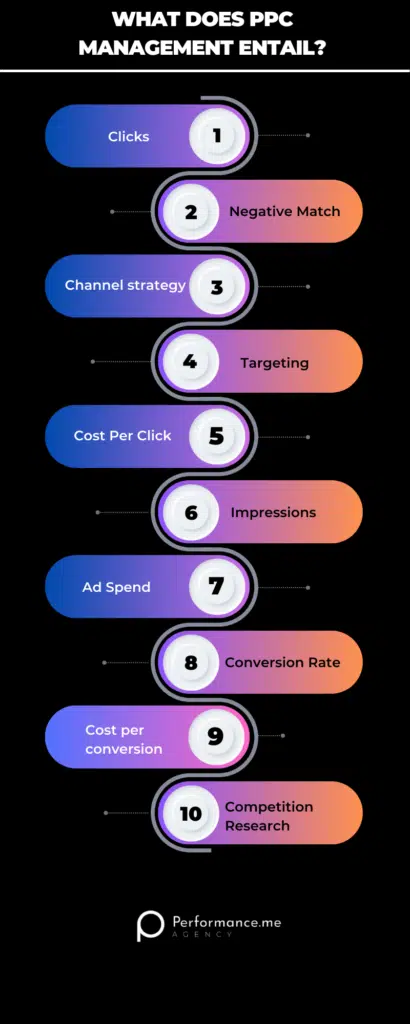
1. Clicks – Clicks refer to how many people clicked on an ad. The relevance of your ad copy and your keyword selection affect this metric. With the help of PPC management, your website is bound to procure a significant amount of clicks.
2. Negative match – Negative Phrase Match is a setting that allows you to exclude your ad when the exact keyword is searched for. Using negative matches maximizes ad spending by eliminating visitors unlikely to convert from certain groups. PPC management entails negative matching.
3. Channel strategy – An effective PPC marketing strategy takes into account Google AdWords, Bing Ads, affiliate networks, and sponsored social media placements. Thus, applying PPC management to your website will automatically entail channel strategies.
4. Targeting – Targeting particular keywords that customers are likely utilizing to find what they need online is a component of PPC management. This entails researching keywords and figuring out who the target market is for the company. A targeted advertising campaign involves locating and identifying the search terms used by your intended market and focusing on those keywords and search terms used by potential leads.
5. Cost per click – Measures how much you pay for each click on your ad. Because PPC management entails cost per click, you will be able to measure how much you pay for each click on your advertisement.
6. Impressions – Impressions refer to the number of times that an advertisement is viewed. Most campaigns aimed at brand awareness rely on impressions. The Cost Per Mille, or CPM, refers to the cost of 1,000 web impressions. With PPC management, you will find your website receiving a significant amount of impressions.
7. Ad spend – Ad spend refers to how much you spend on your ads. Optimizing your Quality Score will help you achieve the invested Ad spend. And with PPC management you will be able to monitor your ad spend.
8. Conversion rate – The conversion rate on your landing page describes the number of people that complete the call-to-action and become leads or customers. Applying PPC will show significant growth in conversion rate.
9. Cost per conversion – Lead generation costs are expressed as a cost per conversion. A conversion cost is calculated by dividing the total cost of an advertisement by the number of conversions. PPC management entails cost per conversion.
10. Competition research – To fully understand how effective a PPC strategy is, it is essential to analyze the strategies utilized by significant competitors. It is possible for businesses to discover market gaps or how to compete for a specific search query by doing this. PPC management helps you in observing the tactics used by the competition, the keywords they are focusing on, and the ad copy they are utilizing (to uncover gaps they can fill in on their own).
11. Click Through Rate – CTR compares the number of times users see your campaign to the number of individuals who click on it, and the percent of impressions that led to a click. With PPC, your website will gain a significant amount of CTR.
12. Campaign optimization – An effective campaign requires constant monitoring of the campaign’s structure and adjustments based on what keywords produce the best results.
13. Return on ad spend – Your ad campaign’s ROI is measured by return on ad spend (ROAS). This metric figures out how much money is made off of each dollar spent on advertisements.
14. Monitoring – Keeping track of each campaign’s performance and evaluating each keyword’s ROI. In order to target purchases based on the most popular terms and queries, search term reports are monitored regularly. When planning PPC management strategies, it is necessary to closely monitor search phrase reports to identify which are most frequently used by customers online.
15. Quality Score – Ad positioning is determined by Quality Score (QS), making it a crucial indicator to monitor. With the help of PPC, your quality score will increase drastically.
Frequently Asked Questions
What are the best PPC Management tools?
Some of the best PPC Management tools are;
Google Ads
Ahrefs
SEMRush
Hubspot.
How do I optimize my quality score?
You can optimize your quality score by boosting landing page relevance, grouping keywords into similar categories, and creating ads based on those categories.
What are the 4 C’s in PPC?
CTR - Click Through Rate (CTR) is the percentage of ad views that generate clicks for your ad divided by the number of times your ad is displayed.
CPC - Cost-per-click (CPC) is a metric used in pay-per-click (PPC) marketing to measure the amount paid per click. You pay for each click on your ads with cost-per-click (CPC). Publishers are paid for each click by advertisers.
CPA - Cost Per Action (CPA) is a measure of the cost per action divided by the number of actions measured. Divide the total cost of conversions by the total number of conversions to get the cost per action (CPA).
CR - Conversion Rate is an important metric since this measures how many visitors take the desired action. Click-throughs on that advertisement are displayed as a percentage.
How many types of PPC ads are there?
There are eight types of PPC ads. They are:
Paid search ads
Social media ads
Display ads
Google Shopping ads
Remarketing ads
Instream ads
Gmail sponsored ads
Local service ads.
Grow Your Business With PPC Management
Given all the benefits that PPC offers, there is a minimal downside in experimenting with it to determine where it can be most effective. You will also gain a multitude of useful information that will inform your other marketing and optimization efforts.
So, what’s holding you back? Engage a PPC management expert to review your current paid search targeting techniques and suggest ways to strengthen them in order to identify your optimal target market. PPC advertising has been shown to be a solid and successful channel for a huge number of Business – to – Business, nonprofits, and other enterprises looking for quick, high-quality traffic and conversions.
Check out our blog or contact us to stay on top of PPC, SEO, web design, and other aspects of digital marketing.

